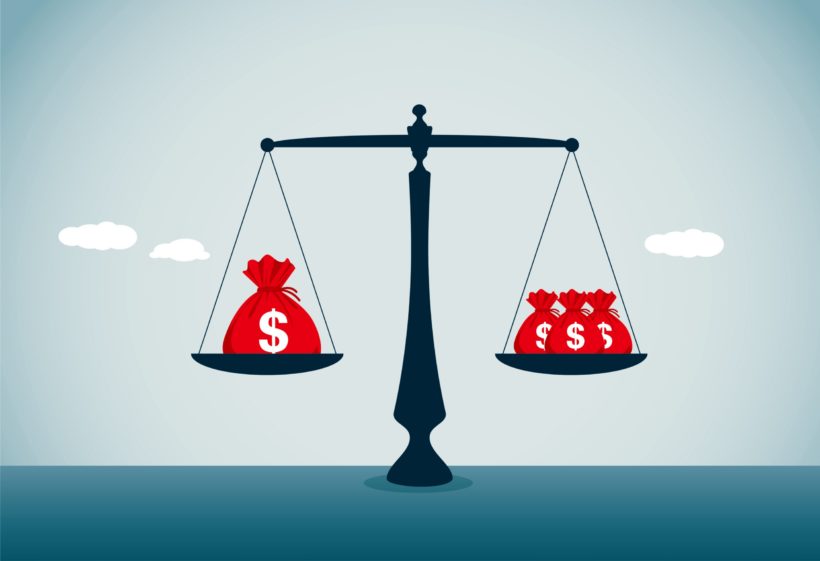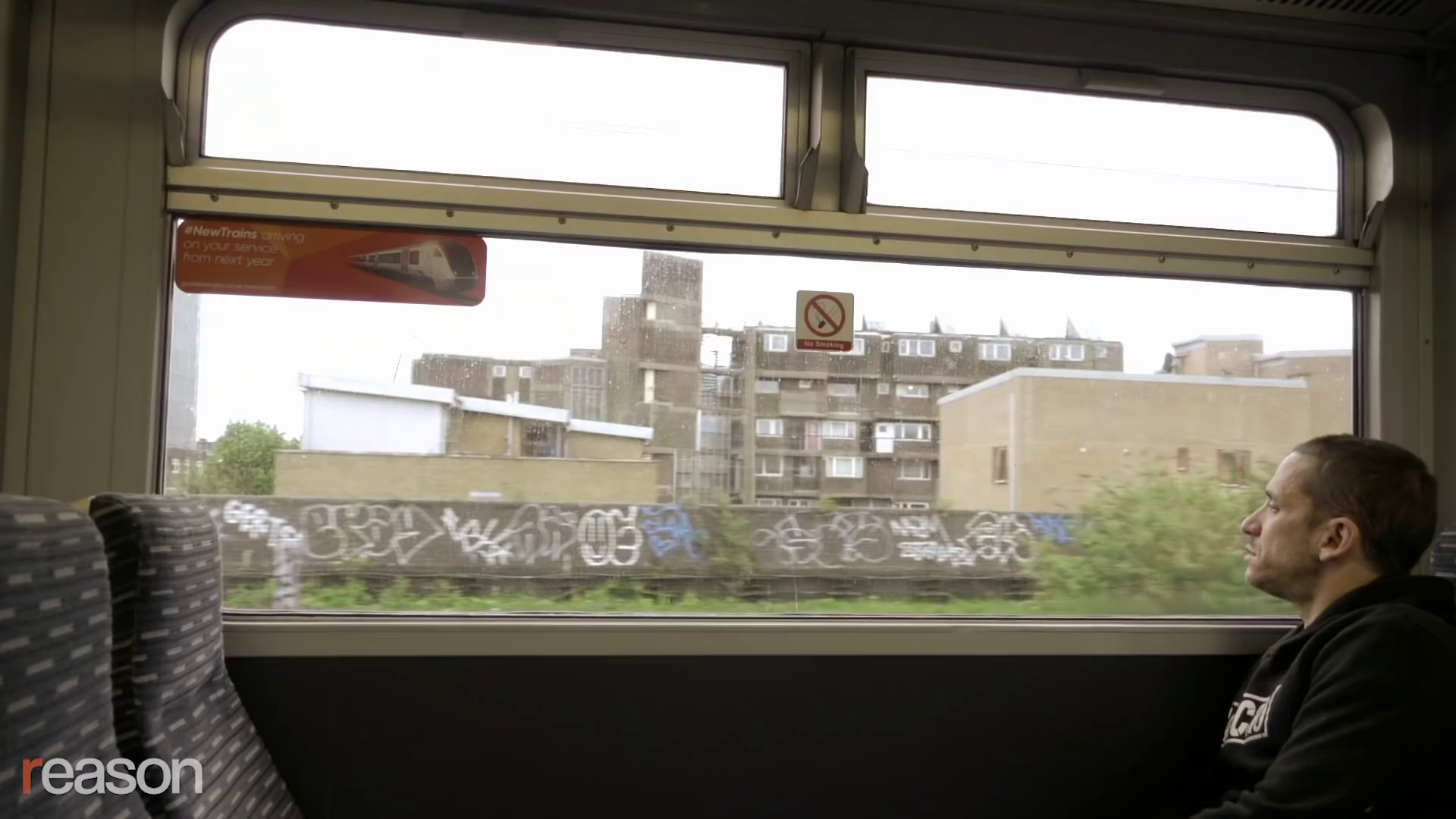
print Print...
(by John Stossel) – Socialists like Bernie Sanders tell us that “the rich get richer, and the poor get poorer.”
That’s a lie.
Yes, rich people got absurdly rich. Last year, says Oxfam, “the wealth of the world’s billionaires increased (by) $2.5 billion a day.”
I say, so what?
The poor did not get poorer. Bernie’s wrong about that. The poor are much better off.
“As we’ve increased the number of billionaires around the world, extreme poverty has shrunk,” says former investment banker Carol Roth in my video about inequality. (See “Resources” below for video.)
She is right. Over the past 30 years, more than a billion people climbed out of extreme poverty. Thanks to capitalism, more than a billion people no longer struggle to survive on a few pennies a day.
Bernie is correct when he says that the wealth gap between rich and poor grew. In America over the last 40 years, the richest people got 200 percent richer, while poor Americans got just 32 percent richer. But again, so what?
Gaining 32 percent is a very good thing (all these numbers are adjusted for inflation).
Everyone’s better off, despite the improvement not being even. It never is.
Now the myth:
The media claim in America there’s “a lack of income mobility” — that people born poor are likely to stay poor.
Some do. It’s true that people with rich parents have a big advantage. But it’s a myth that Americans are locked into their economic class.
Economists at Harvard and Berkeley crunched the numbers and found most people born to the richest fifth of Americans fell out of that bracket within 20 years.
Likewise, most born to the poorest fifth climb to a higher quintile. Some make it all the way to the top.
In fact, says Roth, “3 out of 4 Americans will hit that top 20 percent at some point in their lifetime.”
You see America’s income mobility on the Forbes richest list. Most of the billionaires are self-made. They didn’t inherit money. They created their wealth.
Still, the very rich are ridiculously rich. The Forbes billionaires have more money than the bottom 64 percent of the U.S. population.
“Unfair!” say the progressives. “It doesn’t matter if nearly everyone got richer, income inequality itself is a huge problem.”
It’s “threatening to tear us apart!” says New York City Mayor Bill De Blasio.
It might, if people come to believe that inequality itself is evil. But one question: Why is that true?
Progressives like to point out that in Scandinavian countries, people say they are happier than Americans. Scandinavians have more equal incomes than Americans.
But that proves nothing. Incomes are more equal in Afghanistan, too. Incomes are more equal when everyone is poor.
Forget money for a moment and think about how impossible it would be to make everyone equal.
I’ll never sing as well as Adele or play basketball like LeBron. The best athletes, singers, dancers, etc., are just physically different. I’ll never be as self-confident as Donald Trump or as verbally smooth as AOC.
“There’s inequality in everything. There’s inequality in free time, inequality in parents. I don’t have any parents or grandparents,” says Roth. “I have two kidneys. There are people out there who need one, don’t have one that functions. Should the government take my kidney because somebody else needs it?”
I suggest to her that some people having so much more than others is just inherently unfair.
“Life is unfair!” she replied. “Unfair is good. Unfair is a feature. It’s not a bug!”
Certainly, it’s wrong if government makes rules that create inequality.
Racist laws forbidding some ethnic groups to do business where they please, or restricting where they live, are evil.
So are government subsidies to rich people and well-connected corporations.
But allowing people to be different from one another, to employ their unique talents and succeed or fail by them, to rise as high as the market will bear — that’s an important part of freedom.
We won’t all end up in the same place, but most of us will be more prosperous than if government decided our limits.
And we will be freer.
Published May 1, 2019 at Townhall .com. Reprinted here May 2, 2019 for educational purposes only. May not be reproduced on other websites without permission from Reason.
Questions
NOTE: Before answering the questions, watch the video under “Resources” below.
1. What is the main idea of Mr. Stossel’s commentary?
2. What point does Mr. Stossel make about the claim that in the U.S. “the rich get richer and the poor get poorer”?
3. The purpose of an editorial/commentary is to explain, persuade, warn, criticize, entertain, praise or answer. What do you think is the purpose of John Stossel’s editorial? Explain your answer.
4. Has Mr. Stossel’s commentary and video caused any change to your view of “inequality”? Explain your answer.


